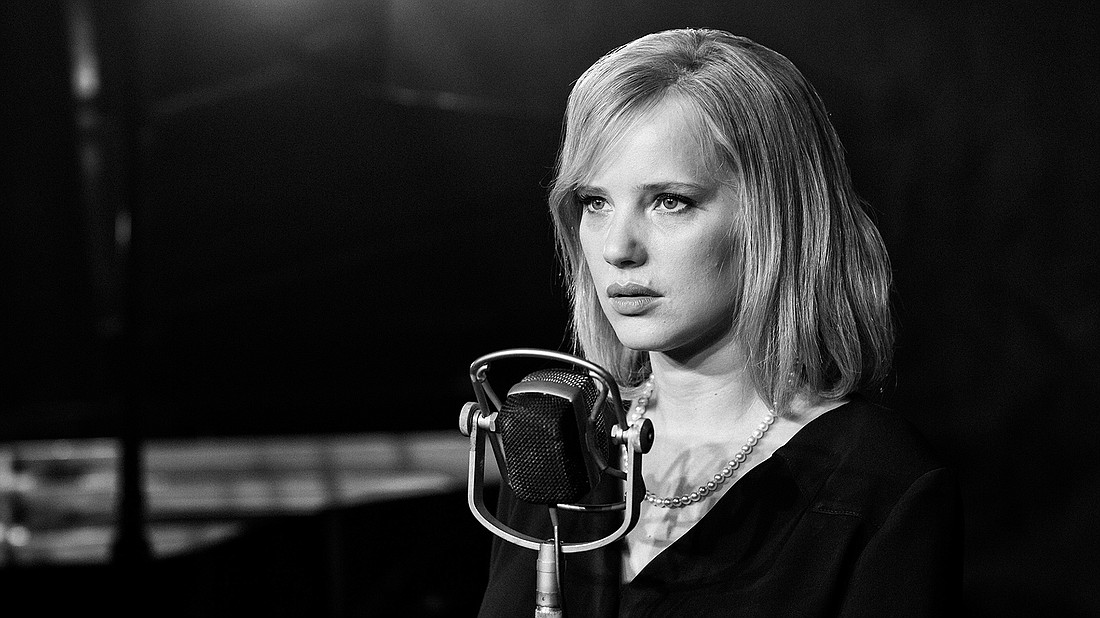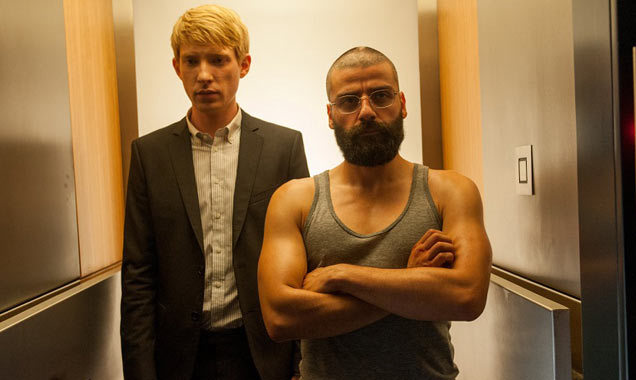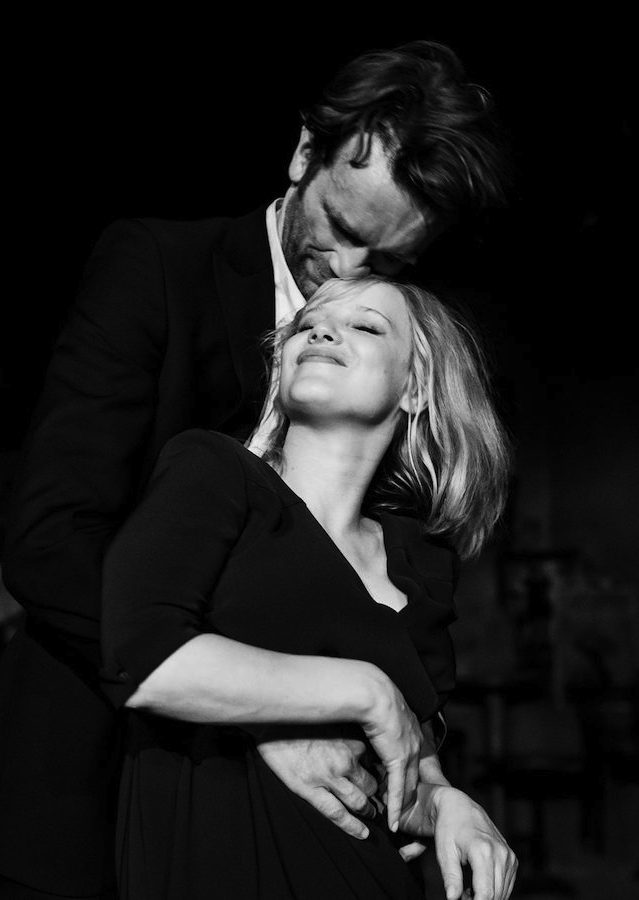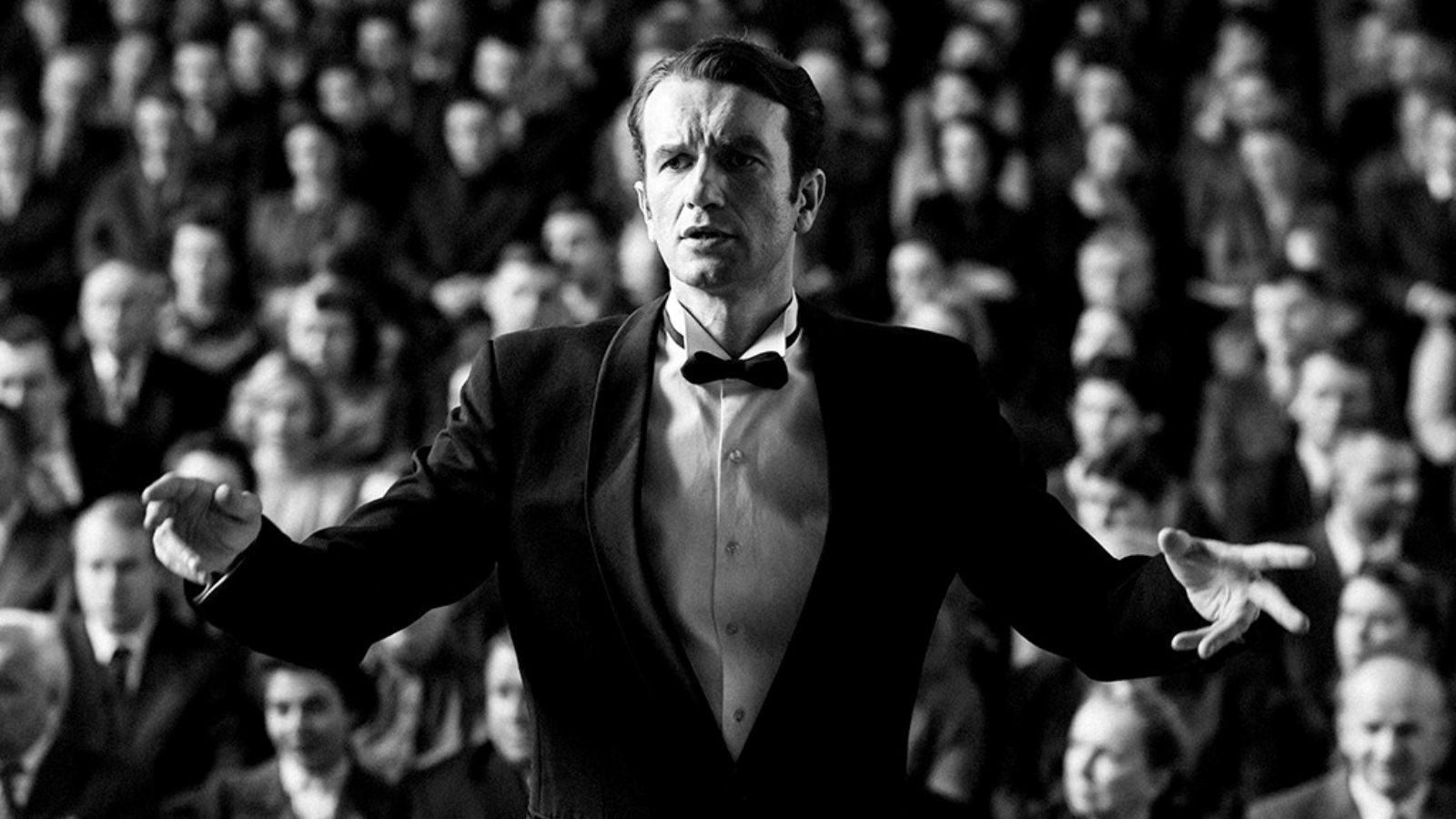- April 28, 2024
-
-
Loading

Loading

I am short on time this week, so we are going to dive straight into this week's picks, but I do want to remind everyone that you can email me any questions, comments or suggestions you have by using the link at the bottom at my bio. OK, I'm shutting up now. Let's get into it.
Netflix/Hoopla/Kanopy, rated R, 108 minutes
“Ex Machina” is a fun little sci-fi movie that gained some fans when it was released five years ago. It was Alicia Vikander’s breakout performance — she’s still great upon a rewatch — and served as a proof of concept for both Oscar Isaac (he can be a magnetic star) and Domhnall Gleeson (he can be a sympathetic leading man). It puts a twist on the AI genre by introducing queries about sexuality and how men act toward women in addition to the usual ones about the nature of humanity.
You should watch it. It’s good. I don’t want to talk about any of that, though. I want to talk about this:
“I’m going to tear up the f****** dance floor, dude” is as iconic as lines get these days, especially when it is uttered in an otherwise played-straight sci-fi movie that occasionally borders on horror. The line and subsequent dance combine for one of the most shocking moments in recent film history that doesn’t involve death and/or solving a mystery. It’s just genuinely unexpected. The rest of the film is shot in utilitarian silvers and whites and blacks, but this scene is dripped in blood-red light. Isaac’s Nathan, a cold, jacked and possibly psychotic Steve Jobs type, gets his boogie on with an android of his own creation. It’s spontaneous yet is too well choreographed to be spontaneous, which makes it all the more unsettling, even though you’re laughing. Gleeson’s reaction, one of utter confusion, says it all.

Director Alex Garland uses a similar trick, albeit with a tonally different vibe, in former BB pick “Annihilation.” There, Garland utilizes dance — if you can call it that — to add to the horror, not as a reprieve from it, in the film’s climactic scene. If this is the start of Garland using dance-adjacent scenes in all his films, I am here for it.
(Fun fact: Sonoya Mizuno, Isaac’s “Ex Machina” dance partner, also motion-capped the alien copying Natalie Portman’s movements in the “Annihilation” scene.)
Ever since “Ex Machina” was released, I feel like other directors have followed Garland’s lead too. I tried to find research to back up this claim, and I failed — “sci-fi/horror spontaneous dance scenes” is a weird Google search — but I know it in my heart to be true: There has been an uptick in nondance movie dance scenes, especially in sci-fi and horror movies, since 2015, and we all have “Ex Machina” to thank for that.
Amazon Prime Video, rated R, 88 minutes
Love is stupid and makes no sense. If two hearts entwine, nothing can keep them apart, even if all signs point to the pairing being a bad idea. Feelings always win out over logic, and maybe that’s OK.
That’s the thesis of “Cold War,” anyway, the Paweł Pawlikowski film that he wrote loosely based on his parents’ romance. Wiktor (Tomasz Kot), a music director, and Zula (Joanna Kulig), a promising folk singer, meet while working for a Polish traveling performance company that gradually bows to the rule of the Stalinist agenda during the titular Cold War. Wiktor and Zula aren’t fans of communism, so while the company is in Berlin for a performance, they devise a plan to escape. It doesn’t work, and the two are separated.

Separated for years, actually. They randomly see each other at a jazz club and rekindle their romance, but that too doesn’t last, this time by choice. That doesn’t mean their love dies, though. The rest of the movie — which runs at a brisk 88 minutes — is a collection of scenes of the pair meeting up when they can and what they ultimately do when they fear they might never be reunited again.
There is something immensely powerful to me about the idea of love being a magnet. When they meet at the jazz club, Wiktor and Zula know their life situations don’t match up. They know they have personality differences. They know, deep down, that their romance is a bad idea.
They can’t keep their hands off each other regardless.

Pawlikowski makes the decision to shoot “Cold War” in black-and-white, how it would have been shot back in the story’s time, and it pays off. The film looks gorgeous whether in a jazz club, a Polish field or an abandoned church. Kot and Kulig have impeccable chemistry. I buy the magnetism of their relationship wholeheartedly. The music is also gorgeous, with Kulig’s vocals sounding soaked in chardonnay.
As beautiful as this film is, I should warn you that it isn’t happy-go-lucky. Bad things happen to both Wiktor and Zula, and the movie ends on a bittersweet note. I hope that does not dissuade you from watching it, but I think it is fair to know beforehand.
Have some tissues ready — you’ll be crying tears equally sad and happy.
Nathan (Isaac) talking to Caleb (Gleeson) in "Ex Machina":
"One day the AIs are going to look back on us the same way we look at fossil skeletons on the plains of Africa. An upright ape living in dust with crude language and tools, all set for extinction."